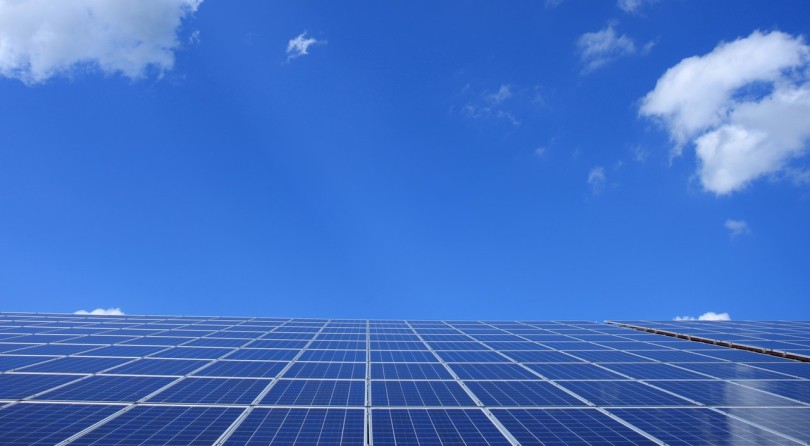Why Is the Gulf Attracting Climate Tech Businesses?
28 Jun 24
Enviro ChatThe Global News Source for the World of Science and Chemicals
23 February 2021
Enviro Chat
Abu Dhabi has kicked off 2021 with the announcement of a number of deals aimed at diversifying its energy generation portfolio and weening itself off fossil fuels. The initiatives were announced last month as part of Abu Dhabi Sustainability Week, which, due to coronavirus complications, took place in a virtual capacity this year.
Among other avenues of research being pursued, the emirate is pouring significant investment into hydrogen fuels to power its transportation industries, as well as renewable energy generation plants to take the strain off oil and gas. However, those commodities – which have formed the bedrock for the UAE’s economic stability for decades – would still have a part to play going forwards, according to industry experts.
One of the key takeaways from last month’s announcements was the establishment of several new partnerships with major players in the hydrogen industry. These encompass both blue and green hydrogen projects. The former concerns itself with the use of steam methane reforming (SMR) to produce hydrogen, which does entail emission of some greenhouse gases as a by-product.
Green hydrogen, on the other hand, derives its power from renewable energy, meaning there are no negative emissions associated with the practice. At the present time, it is not particularly cost-effective, since the expense required to produce green hydrogen is two or three times greater than that associated with blue hydrogen. However, there are hopes the two could become comparable in terms of cost as early as 2030.
In a bid to achieve that kind of cost competitiveness, the Abu Dhabi Hydrogen Alliance has entered into agreements with several leading industry players from around the globe. One of the most notable of those accords was signed with Siemens Energy from Germany, who have signalled their intention to build a demonstration plant in Masdar City in Abu Dhabi in the coming years.
While hydrogen is a promising fuel source for road, aviation and seabound transportation, renewables are believed to be the future of domestic, commercial and industry energy generation. Although a 100% renewable future is technically achievable, it would require a major sea change in our daily habits and isn’t likely to occur in the imminent future. As a result, technologies like carbon capture and storage (CCS) are expected to play a major role in making existing forms of energy generation (including blue hydrogen) as environmentally friendly as possible. Again, more research is required in order to make the technology both more efficient and more cost-effective. So far, it has failed to keep pace with the rapid advances made in renewable industries like solar and wind.
“When it comes to global development, where we are all focused after the COVID recovery, we should adopt pro-growth policies, based on a diverse energy mix,” explained Sultan Al Jaber, Minister for Industry and Advanced Technology in the UAE. “And the reality is, to power this growth and ensure continued global progress, oil and gas will need to remain part of this energy mix for many years to come.”
DOWNLOAD PDF

2 Day Seminar Program
@ ArabLab+ 2024
24 & 25 September 2024
Your stay in Dubai
Labkit
Product News
Chemkit
Product News
Thinking about exhibiting at ARABLAB 2024? Watch our video to find out more.
Join the world’s leading organisations…
Join our mailing list and receive the ARABLAB newsletter and event updates.